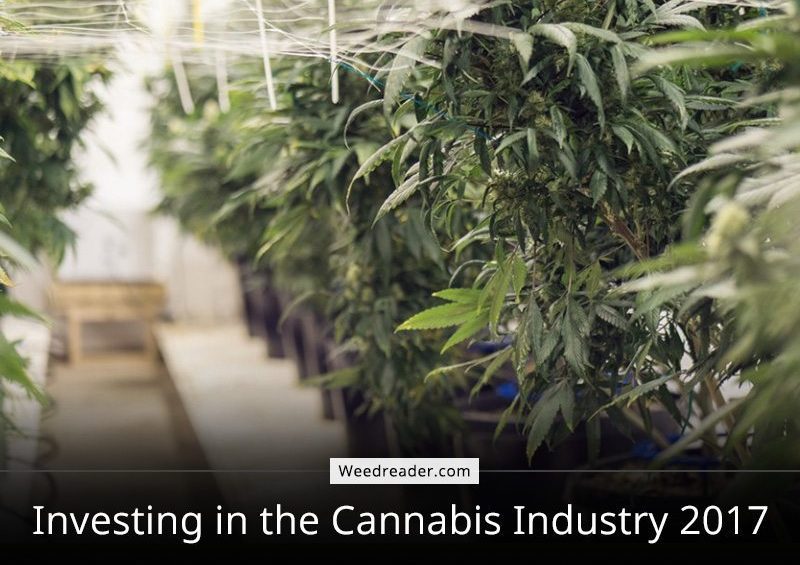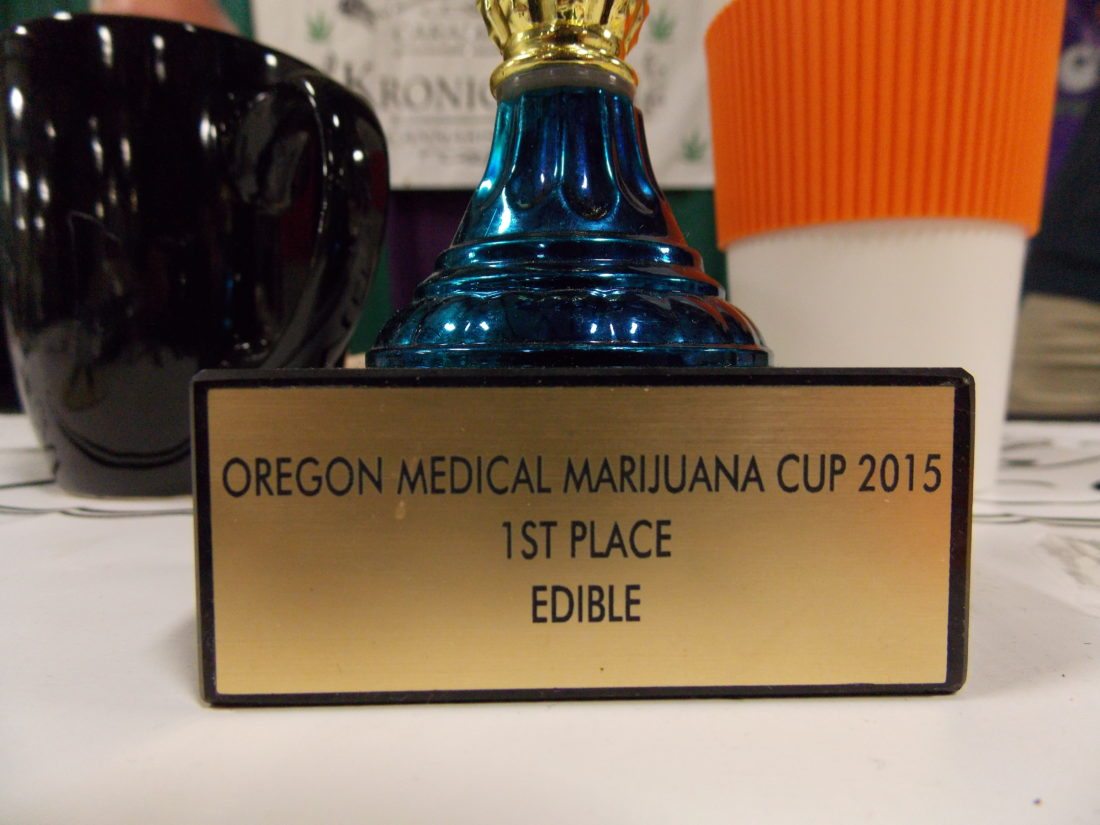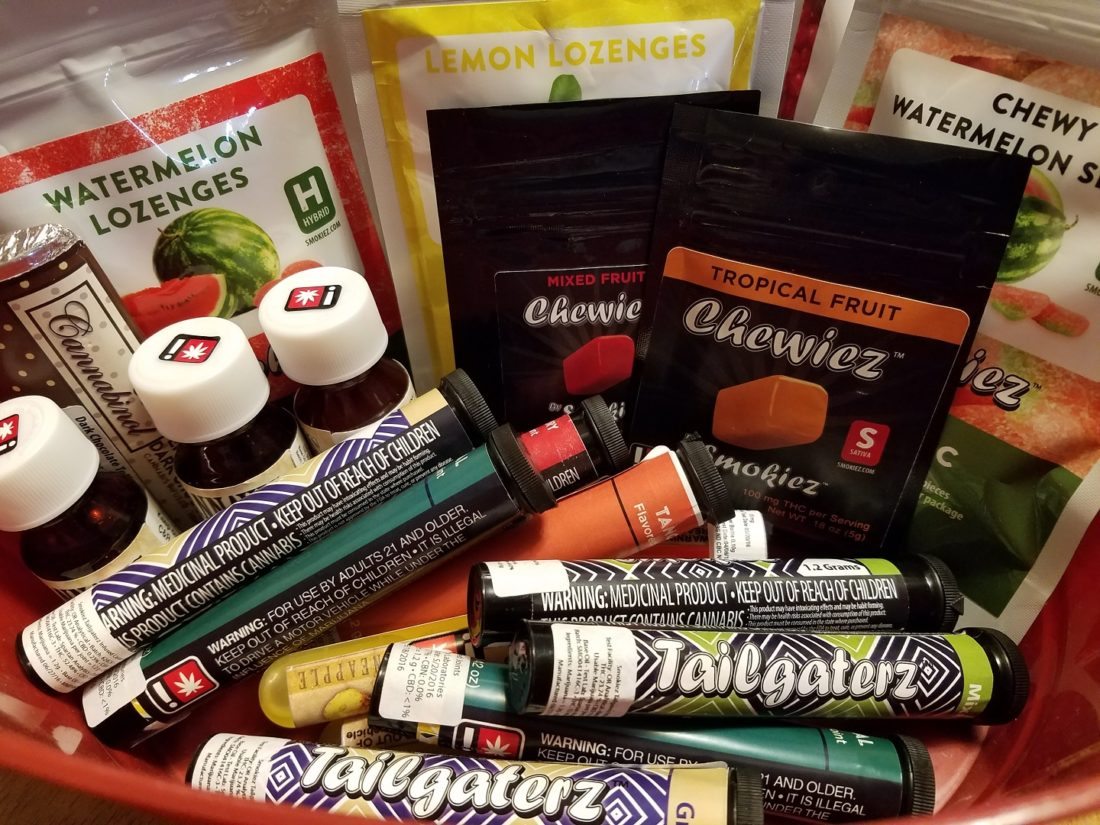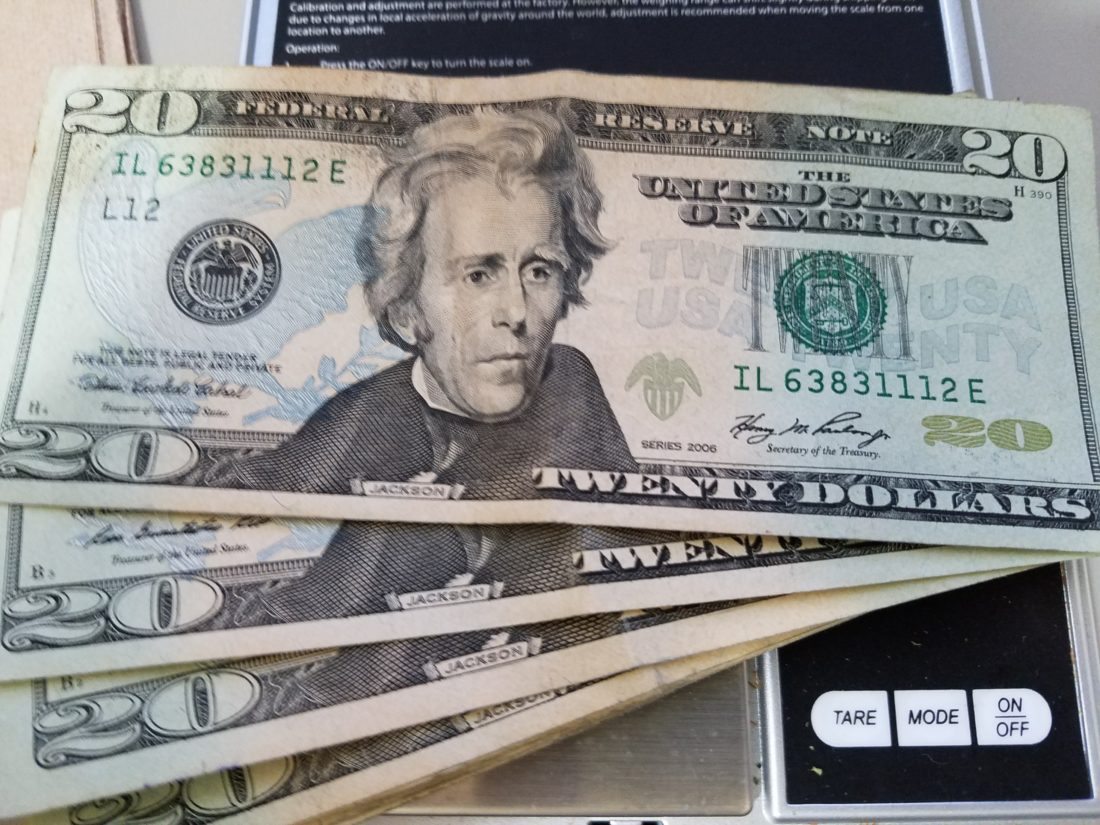Senator Hatch Introduces the MEDS Act.
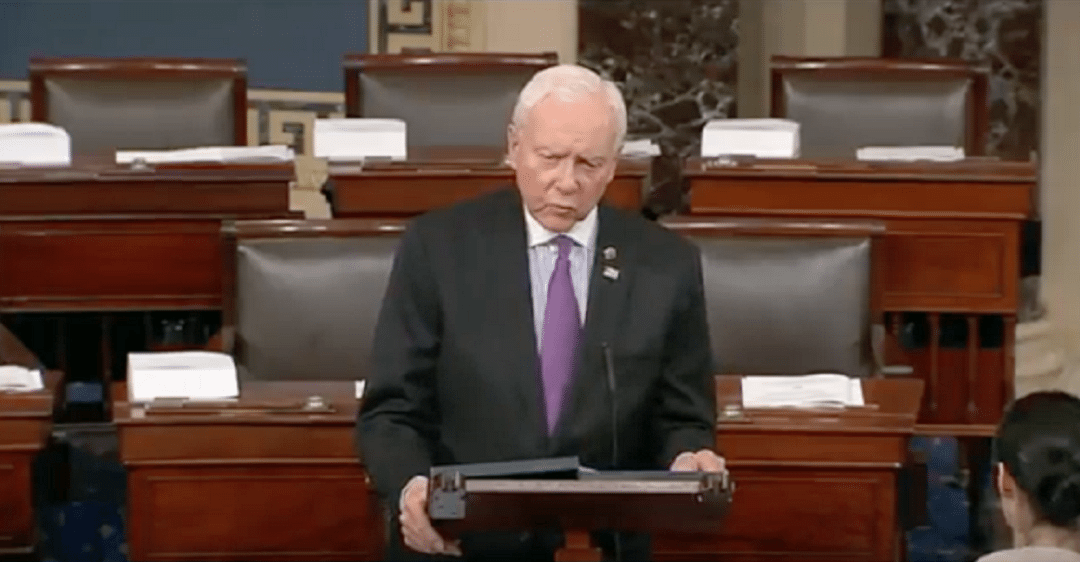
The Marijuana Effectiveness Drug Study Act (MEDS Act) was just sponsored by Senator Orrin Hatch from Utah. If you have ever been to Utah, you might know that it is a highly religious state. The Mormon temples are proudly displayed and most stores are closed on Sunday. So it comes as no surprise that Senator Hatch is a dedicated Mormon.
But the Senator isn’t a blind follower. He sees the damage that opioid addiction causes and the good that cannabis can do. Especially as the U.S. grapples with spikes in teen overdose deaths rates. And the opioid crisis is causing a significant drop in U.S. labor force participation—particularly among American men. And Senator Hatch wants to stop it.
But the problem is bigger than just one state. The entire nation seems under the oppressive whip of opioid addiction. If you aren’t struggling with opioids, chances are you know someone who is. And most of them got hooked by their doctors.
Trump even declared the opioid crisis a national emergency and seeks solutions that will appease his base and his face. But Trump has yet to put forth a comprehensive sentence, much less a policy directing the nation on how to handle cannabis. And Hatch is much more pragmatic about his approach to dealing with this sensitive and rampant issue.
Senator Hatch has a plan for how to fight the opioid crisis.
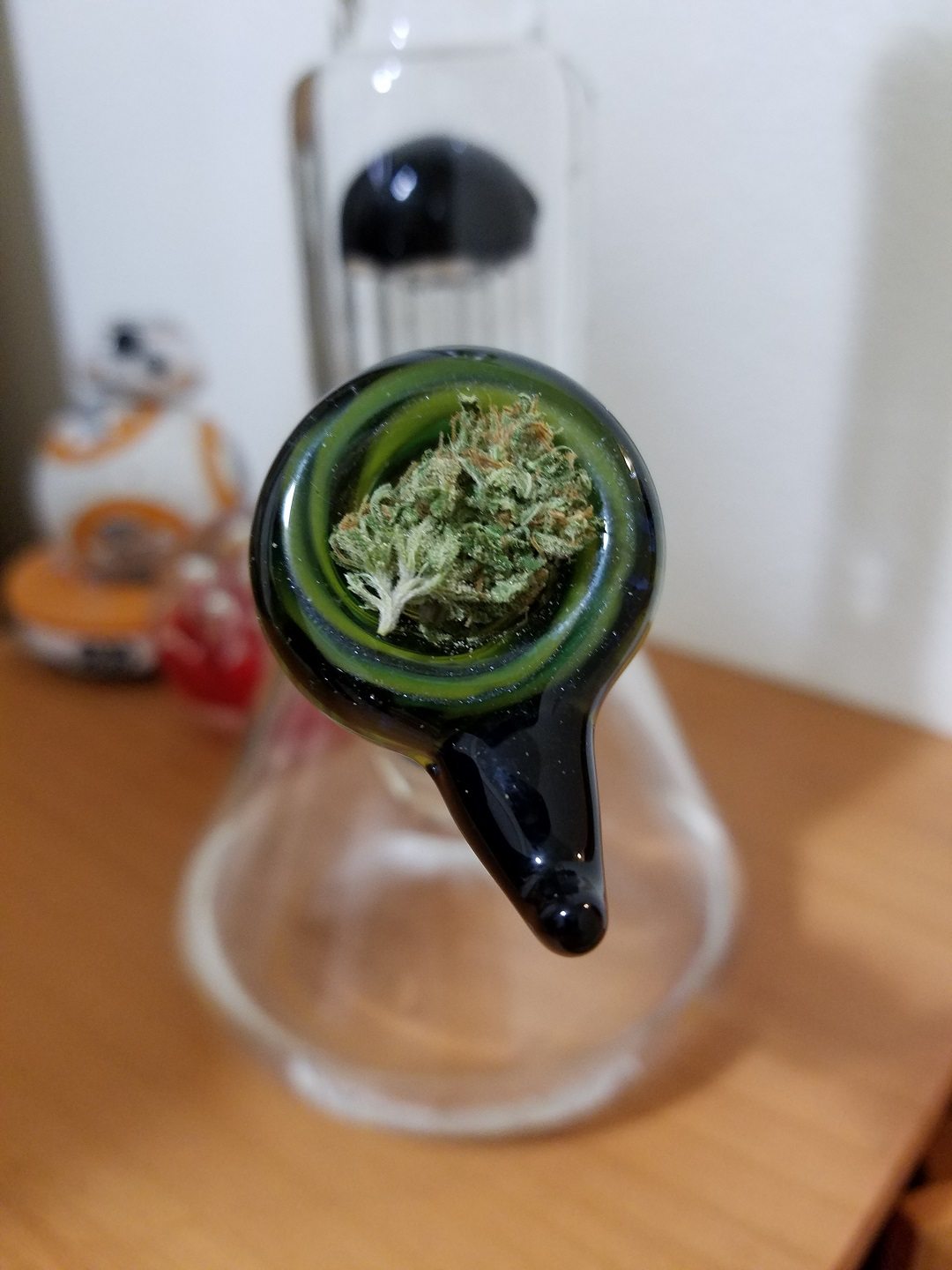
As part of his plan to combat the opioid epidemic, Hatch introduced the Marijuana Effectiveness Drug Study Act of 2017 (MEDS Act). The speech he gave during the introduction Wednesday, he couldn’t help but sneak in some weed puns.
He started his speech by saying “Mr. President, it’s high time to address research into medical marijuana. Our country has experimented with a variety of state solutions without properly delving into the weeds on the effectiveness, safety, dosing, administration, and quality of medical marijuana.”
Hatch wore his religion on his sleeve but showed his willingness to compromise when he said “it will surprise no one that I am strongly against the use of recreational marijuana. I worry, however, that in our zeal to enforce the law, we too often blind ourselves to the medicinal benefits of natural substances like cannabis.”
He feels cannabis is a powerful ally in the fight.
Senator Hatch sees red tape as the big problem with cannabis today. He explained that there are no federal quality controls for marijuana-based medications. The MEDS Act would remedy that and establish standards for growing medicinal marijuana.
Bureaucratic red tape surrounding safety and efficacy prevent the kind of “rigorous scientific evidence” Hatch feels is still needed. He understands that there are many unique and powerful compounds in the cannabis plant. And the MEDS Act is his attempt at stimulating research into the potential of cannabis.
Like most of us, it took Senator Hatch a personal encounter to come around to cannabis. When a friend was faced with the choice between using weed and getting a risky brain operation, Hatch realized how important research into cannabis is.
Hatch isn’t a hippy.

He was quick to clarify that he wasn’t going to be advocating recreational consumption though. His very next words were “While I certainly do not support the use of marijuana for recreational purposes, the evidence shows that cannabis possesses medicinal properties that can truly change people’s lives for the better. And I believe, Mr. President, that we would be remiss if we threw out the baby with the bathwater.”
Senator Hatch wants to encourage research into potential medical uses for marijuana. The plan involves streamlining the research registration process. The goal is to make marijuana more available to the scientific and medical research communities.
The MEDS Act will make an impact if it passes.
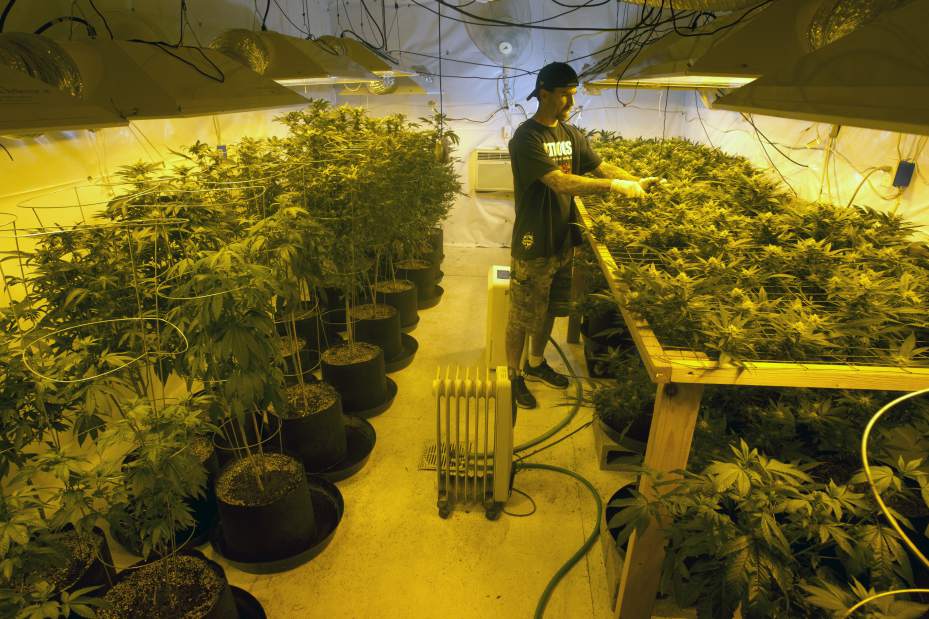
Ideally, the bill will sail through both houses, get signed into law and become a new foundational piece of legislation moving forward. But that seems like a pipe dream. There is plenty of cannabis reform legislation making the rounds right now and none of it has much support.
More likely, it will suffer the same fate as the other pro-cannabis legislation making the rounds in congress. Bills like the Compassionate Care Act and the Research Expansion and Respect States (CARERS) Act couldn’t find the support they needed to move forward.
These bills are stuck in a state of limbo, dead on the floor and unable to pass on. Mainly because there isn’t enough support to pass them or even to get them to a vote. This effectively makes them zombie legislation with little hope of actually passing.
Senator Hatch wants to do things right.

The MEDS Act encourages commercial production of FDA-approved drugs derived from marijuana. It would also put pressure on the Attorney General (AG) to increase the national marijuana quota in a timely manner. It would do this by requiring the AG meet the nations changing medical, scientific and industrial needs for marijuana.
The bill would also include certain protections against abuse as well. The National Institute on Drug Abuse (NIDA) would then have to develop and publish recommendations and best practices. These would include how to grow and produce marijuana for research.
But there is still a long road ahead. Even if the bill gets passed, there will be many edits, re-writes and last minute additions. Political opponents will try to dismantle the important protections and stall it out like past bills. It’s hard to tell how far this one will go. But we can at least hope it goes all the way.


